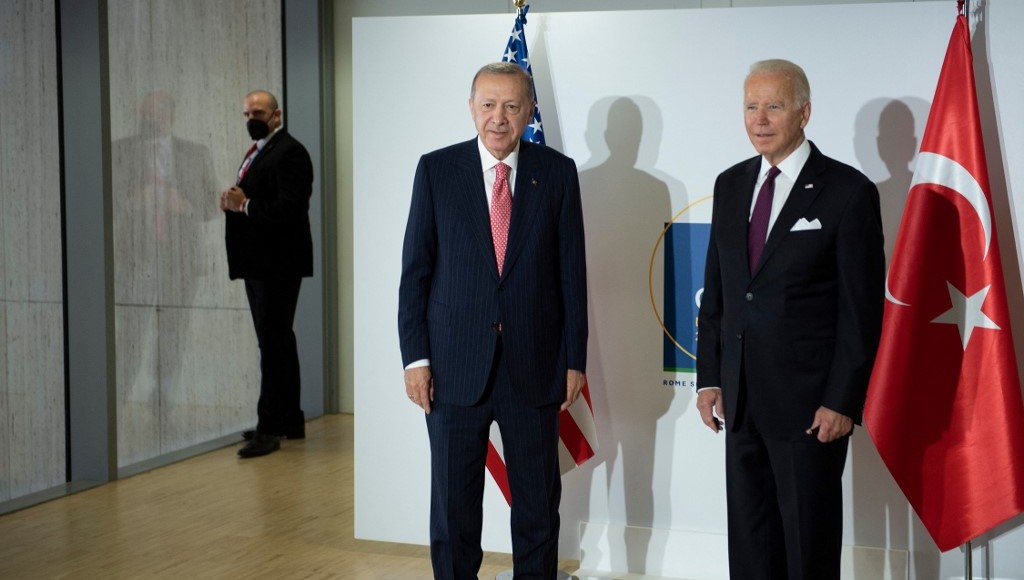A recent report by a Washington-based think tank has shown that Turkey’s lobbyists in the US, comprising 11 organizations, failed in 2020 to change the US perspective on several main issues straining bilateral relations.
According to the report, titled “Turkey’s Lobby in the United States” and published by the Center for International Policy (CIP), an independent nonprofit center for research, public education and advocacy on US foreign policy, Turkey’s agents largely failed to shift US stances on various main issues raising tension between the NATO allies.
Among those issues are Turkey’s purchase of the Russian S-400 air defense system; the US refusal to extradite Turkish preacher Fethullah Gülen; and Turkey’s intervention in Syria in opposition to US support for the Kurdish People’s Protection Units (YPG).
This was despite attempts by 11 organizations registered under the Foreign Agents Registration Act (FARA) to work on behalf of Turkish clients last year, which reported firms and their registered foreign agents’ making 2,319 contacts and 568 campaign contributions, totaling $526,177, the report said.
It added that last year 17 elected officials received nearly $37,000 in contributions from firms that had contacted their offices on behalf of Turkish clients, and that one senator received a campaign contribution from a firm that had contacted her office on Turkey’s behalf that same day.
While relations between the two NATO allies had always been “delicate,” what made them “more strained than ever before” in the past decade, arguably, were President Recep Tayyip Erdoğan’s controversial foreign policy decisions and turn towards authoritarianism at home, CIP said.
“Following an attempted 2016 coup in Turkey, Erdoğan used the incident to purge his political opponents from the Turkish military and bureaucracy and grant himself vastly expanded powers through presidential rule. Abroad, his unusually assertive Turkish foreign policy—including recent military interventions and support for proxy forces in Syria, Libya, Iraq, and Nagorno-Karabakh—has at times clashed with U.S. interests and Turkey’s other NATO allies,” they said.
Erdoğan’s post-coup crackdown has largely targeted real and alleged members of the Gülen movement, a faith-based group inspired by Turkish cleric Fethullah Gülen that is designated as a terrorist organization by the Turkish government and accused of masterminding the 2016 coup attempt.
Although both Gülen and the members of his group strongly deny any involvement in the abortive putsch or any terrorist activities, Erdoğan’s Justice and Development Party (AKP) government has investigated and detained hundreds of thousands of people, and more than 20,000 are currently behind bars over alleged links to the movement as part of a massive purge launched under the pretext of an anti- coup fight.
More than 130,000 public servants were also summarily removed from their jobs for alleged membership in or relationships with “terrorist organizations” by emergency decree-laws subject to neither judicial nor parliamentary scrutiny.
“In 2020, the Turkey lobby in America fought a number of major battles and, in nearly every instance, lost,” CIP said, as the country remains sanctioned as a result of the S-400 purchase, Gülen hasn’t been extradited and continues to reside in Pennsylvania, and the US continues to support Kurdish fighters in Syria.

